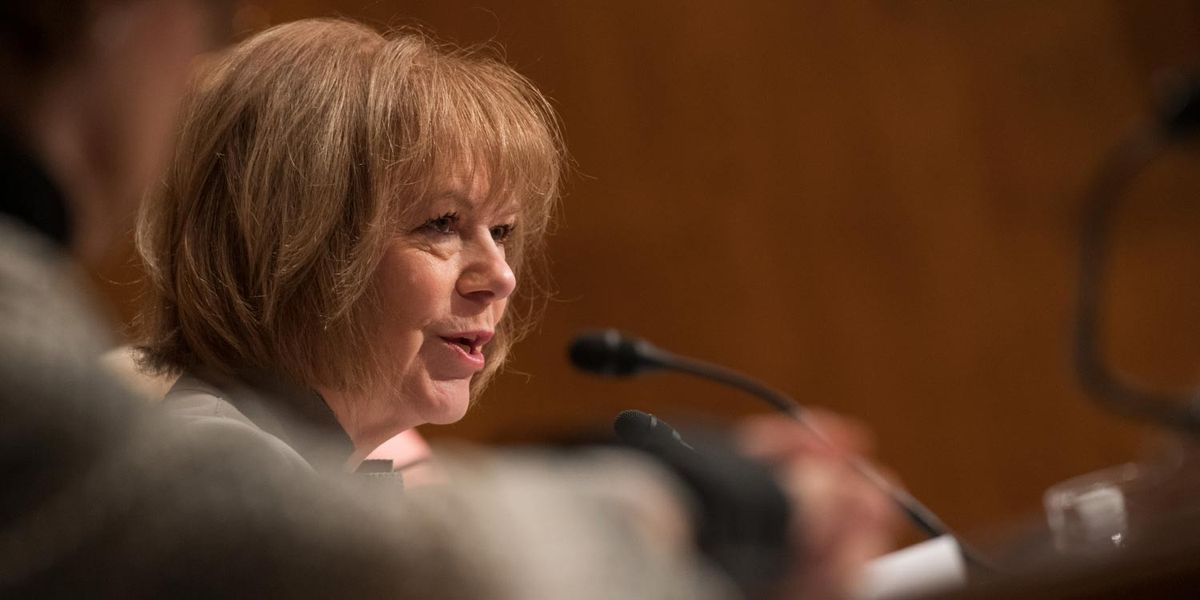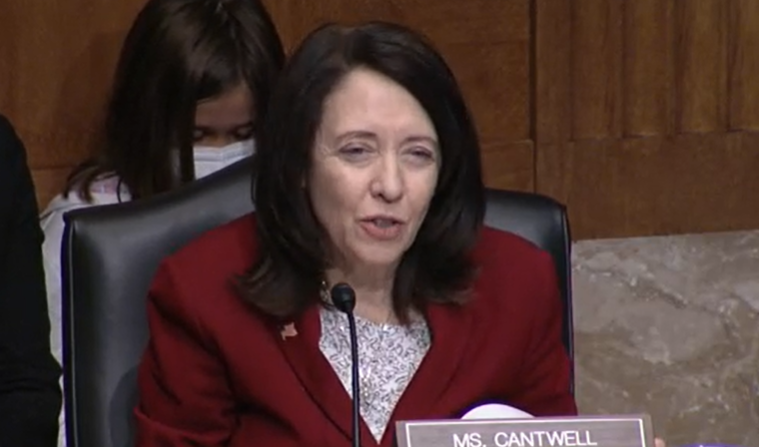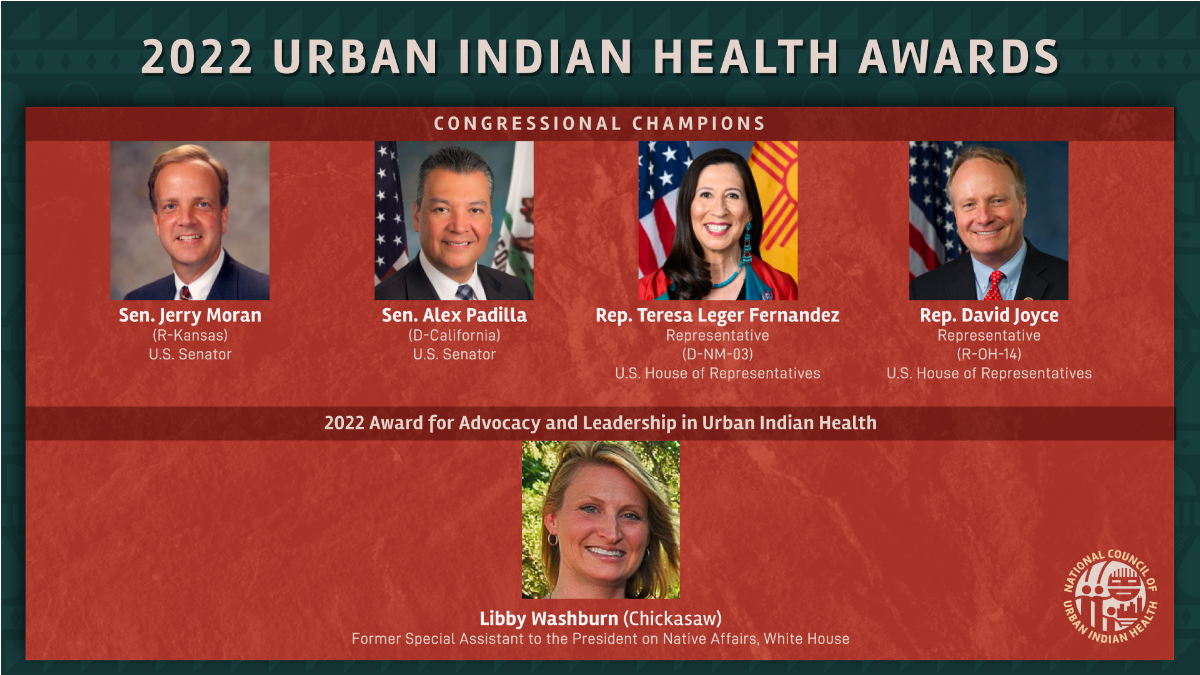NCUIH July Update: Congressional Budget Updates, Medicaid Exemptions, and Secretary Kennedy’s UIO Tour

In this Edition:
📍 Secretary Visit: Kennedy spotlights OKC Indian Clinic on second UIO tour since confirmation.
🤝 Federal Briefing: NCUIH and partners meet with new HHS Senior Advisor Mark Cruz.
🏛 FY 2026 Bill: House advances Interior bill with $8.41B for IHS and $6.05B in advance appropriations.
⚖️ Reconciliation Law: Medicaid and SNAP exemptions secured for AI/AN people, including urban Natives.
📊 Budget Request: Tribal Workgroup urges $1.09B for Urban Indian Health in FY 2027.
📝 Medicaid Waivers: NCUIH comments on Iowa work-requirement exemption; more due in August.
🏥 IHS Realignment: Urban Confer on July 28; written comments due August 28.
📆 Save the Dates: Upcoming webinars, meetings, and the October IHS–UIO Federal-Partner Summit.
Federal Engagement Highlights
HHS Secretary Kennedy Visits Second Urban Indian Organization in Oklahoma City

What’s new: On June 26, HHS Secretary Kennedy and Senior Advisor Mark Cruz visited the Oklahoma City Indian Clinic (OKCIC).
This visit is Secretary Kennedy’s second visit to an Urban Indian Organization since his confirmation in February; his first visit was to Native Health in Arizona on April 8.
NCUIH Meets with Newly Appointed Senior Advisor to HHS Secretary, Mark Cruz

On Thursday, June 20th, Mark Cruz, a citizen of the Klamath Tribes, was sworn in as Senior Advisor to the HHS Secretary.
On July 10, NCUIH joined the Coalition for Tribal Sovereignty in a meeting with Mark Cruz. Self-Governance, the role of UIOs, and opportunities to collaborate with the new admin were discussed.
Coalition for Tribal Sovereignty Updates

On July 17, NCUIH joined the Coalition for Tribal Sovereignty for an important discussion with the staff of Native American Caucus Co-Chair Nicholas J. Begich III (R-AK-At Large).
On June 25, NCUIH joined the Coalition for Tribal Sovereignty in a letter regarding the One, Big Beautiful Bill Act and Upholding Obligations to Indian Country.
About the Coalition for Tribal Sovereignty: The Coalition for Tribal Sovereignty is a collaborative alliance that serves as a powerful unifying voice of regional and national inter-tribal policy-oriented, non-profit organizations to engage with federal policymakers on critical issues affecting the sovereign interests, rights, and authorities of Tribal Nations, tribal citizens, and community members across the United States.
Appropriations and Fiscal Policy Updates
Fiscal Year 2026 Updates

NCUIH worked with the Coalition for Tribal Sovereignty to support the Congressional Native American Caucus in leading a letter to Chairman Cole and Ranking Member DeLauro of the House Appropriations Committee requesting the Committee support and protect funding for Tribal Programs and UIOs in the FY26 budget. The letter closed on June 23, with 17 signees.
FY 2026 House Interior Appropriations Budget Markups on President’s Budget
By the numbers: On July 15, the House Interior Appropriations Subcommittee passed the FY2026 appropriations bill out of committee. The bill includes:
- IHS: $8.41 billion, $168 million increase above FY 2025
- IHS Advance Appropriations for FY27: $6.05 billion
Budget Reconciliation Signed into Law
The big picture: On July 4, 2025, the President signed the One Big Beautiful Bill Act (OBBB) into law. The OBBB is a major bill that delivers many elements of President Trump’s legislative agenda, including tax cuts, Medicaid reforms, and lifting the debt ceiling.
Go deeper: The bill contains a health title, which includes the following notable provisions:
Community Engagement Requirements for Certain Medicaid Beneficiaries:
- AI/AN Exempt, including specific exemption for Urban Indians
Modifying Cost Sharing Requirements for Certain Expansion Individuals Under the Medicaid Program:
- AI/AN already exempted
Moratorium on New or Increased Provider Taxes:
- UIOs already exempted
Reduction in Expansion FMAP for States Covering Undocumented Immigrants:
- Seven states with UIOs may be affected (California, Washington, Oregon, Minnesota, Illinois, New York, and Colorado).
Modifications to SNAP Work Requirements for Able-Bodied Adults:
- AI/AN Exempt, including specific exemption for Urban Indians
More Frequent Medicaid Redetermination Period:
- AI/AN Exempt, including specific exemption for Urban Indians
NCUIH, along with partner organizations, worked to ensure AI/AN exemptions were included in the final bill.
National Tribal Budget Formulation Workgroup Releases Recommendations for FY 2027

By the numbers: FY 2027 Tribal Budget Recommendations
- $1.09 billion for the Urban Indian Health line item
- $73 billion for IHS
IHS retains and expands eligibility for UIOs to participate in grant programs and ensures that UIOs are included in exemptions for Medicaid reform, including work requirements.
Federal Comments Submitted

On June 14, NCUIH submitted comments to IHS regarding the January 13, 2025, Dear Tribal Leader and UIO Leader letter and May 15, 2025, joint Tribal Consultation and Urban Confer session on Health Information Technology (HIT) Modernization: Four Directions Warehouse (4DW) NCUIH made the following comments, requests and recommendations:
- Provide clarification to UIOs on the 4DW about access for all UIOs, including those who are not using the Resource and Patient Management System (RPMS) or Patients at the Heart (PATH) electronic health record (EHR), or who do not have access to the D1 network because they are non-domain members
- Support IHS, Tribal, and UIO (I/T/U) facilities for data migration and transition to PATH EHR by doing the following:
- Develop materials to prepare I/T/U facilities for data migration and the PATH EHR transition
- Ensure site selection for the implementation cohort includes all I/T/U facility types
- Communicate regularly with facilities- virtually and in person- about the HIT Modernization project by doing the following:
- Share information on the HIT Modernization project in an in-person format in addition to the quarterly joint TC/UC sessions
- Reschedule the cancelled February 2025 open dialogue
NCUIH created a comment template and distributed it to UIOs prior to the submission deadline.
The next joint IHS TC/UC session on HIT Modernization will be held virtually via Zoom on August 7, 2025, 1:30-3 PM Eastern.
CMS Medicaid Work Requirement Waivers

The Big Picture: Medicaid waivers allow states to propose changes to how they administer their Medicaid programs, including adding work requirements. These requirements can affect access to care for American Indian and Alaska Native (AI/AN) people. NCUIH supports exemptions that reflect the federal trust responsibility and protect coverage. Comments were submitted on Iowa’s waiver, with Kentucky and South Carolina waivers under review. Since the passage of the One Big Beautiful Bill (OBBB), states will have to implement the required changes, including work requirements and the corresponding exceptions for AI/AN people. NCUIH is continuing to monitor state actions to impose work requirements to ensure alignment with the OBBB requirements.
Comments to CMS supporting the exemption of AI/AN people from work requirements in state Medicaid programs:
- June 25 – Iowa
Upcoming comment opportunities being analyzed by NCUIH:
- August 9 – Kentucky
- August 9 – South Carolina
Key Upcoming Dates

Upcoming highlight:
IHS UIO and Partner Federal Agencies Summit October 21-23:
On July 1, 2025, IHS invited UIOs to join an in person meeting with IHS partner federal agencies.
- Proposed Dates: Tuesday, October 21 – Thursday, October 23, 2025
- Location: HHS – Humphrey Building, Room 800, Washington, DC
- More details regarding federal agencies, draft agenda, and sponsored travel and lodging will be forthcoming.
Meeting Objectives:
- Introduce federal partners and share current priorities
- Learn about your organization’s initiatives and challenges
- Discuss potential areas of alignment and collaboration
What to Watch: Additional Upcoming Events and Important Dates
- July 23: NCUIH Webinar: Navigating Behavioral Health Financing for Urban Indian Organizations
- July 24: OUIHP-Urban Program Executive Directors/Chief Executive Officers Monthly Conference Call (Virtual)
- July 28: IHS Urban Confer on IHS Proposed Realignment (Virtual)
- July 29: NIHB Medicare, Medicaid and Health Reform Policy Committee (MMPC) Face-to-Face meeting (Washington D.C.)
- July 30-31: CMS Quarterly Tribal Technical Advisory Group (TTAG) Face-to-Face Meeting (Washington D.C.)
- August 7: IHS Health Information Technology (HIT) Modernization Tribal Consultation and Urban Confer: PATH EHR Scope and Capabilities (Virtual)
- Aug 11: FY 2027-2028 National Tribal Budget Formulation Planning and Evaluation Meeting (Hybrid, Washington D.C.)
- August 20: NCUIH Monthly Policy Workgroup (Virtual)
- Date TBD (August): IHS Division of Behavioral Health (DBH) Listening Session for UIOs – Hosted by NCUIH
– Do UIOs have any topics/questions they would like to bring up during the listening session? - September 3-5: VA Advisory Committee on Tribal and Indian Affairs (ACTIA) Meeting (Honolulu, HI)
Urban Confer: Indian Health Service Strategic Realignment

On June 13, 2025, IHS released a Dear Tribal Leader Letter/ Dear Urban Leader Letter initiating consultation and confer and requesting comments and recommendations regarding the proposed realignment of the Indian Health Service (IHS). IHS will hold a virtual Urban Confer on Monday, July 28th, 2025, from 1:00 PM – 3:00 PM EST.
- NCUIH held a prep session for the Urban Confer on July 16th.
- Written comments are due on August 28th, 2025.
More information can be found on the NCUIH Policy Blog post on this consultation and confer.
Registration Link: https://ihs-gov.zoomgov.com/meeting/register/q6joL7ncQgS1z5tf0xl9vw
About NCUIH
The National Council of Urban Indian Health (NCUIH) is a national representative for the 41 Urban Indian Organizations contracting with the Indian Health Service under the Indian Health Care Improvement Act. NCUIH is devoted to the support and development of high quality and accessible health and public health services for American Indian and Alaska Native people living in urban areas.
NCUIH respects and supports Tribal sovereignty and the unique government-to-government relationship between our Tribal Nations and the United States. NCUIH works to support those federal laws, policies, and procedures that respect and uplift Tribal sovereignty and the government-to-government relationship. NCUIH does not support any federal law, policy, or procedure that infringes upon or in any way diminishes Tribal sovereignty or the government-to-government relationship.




